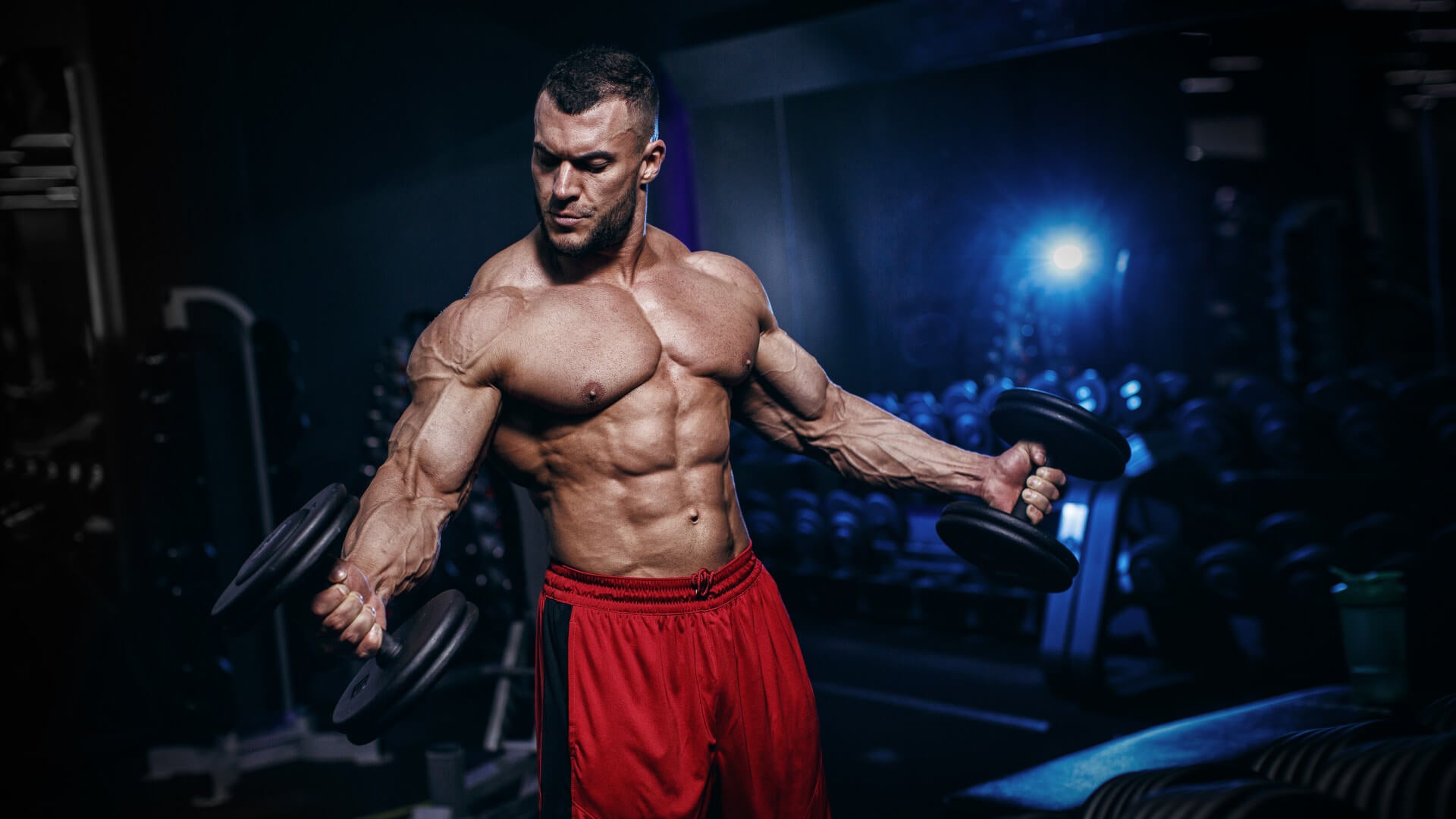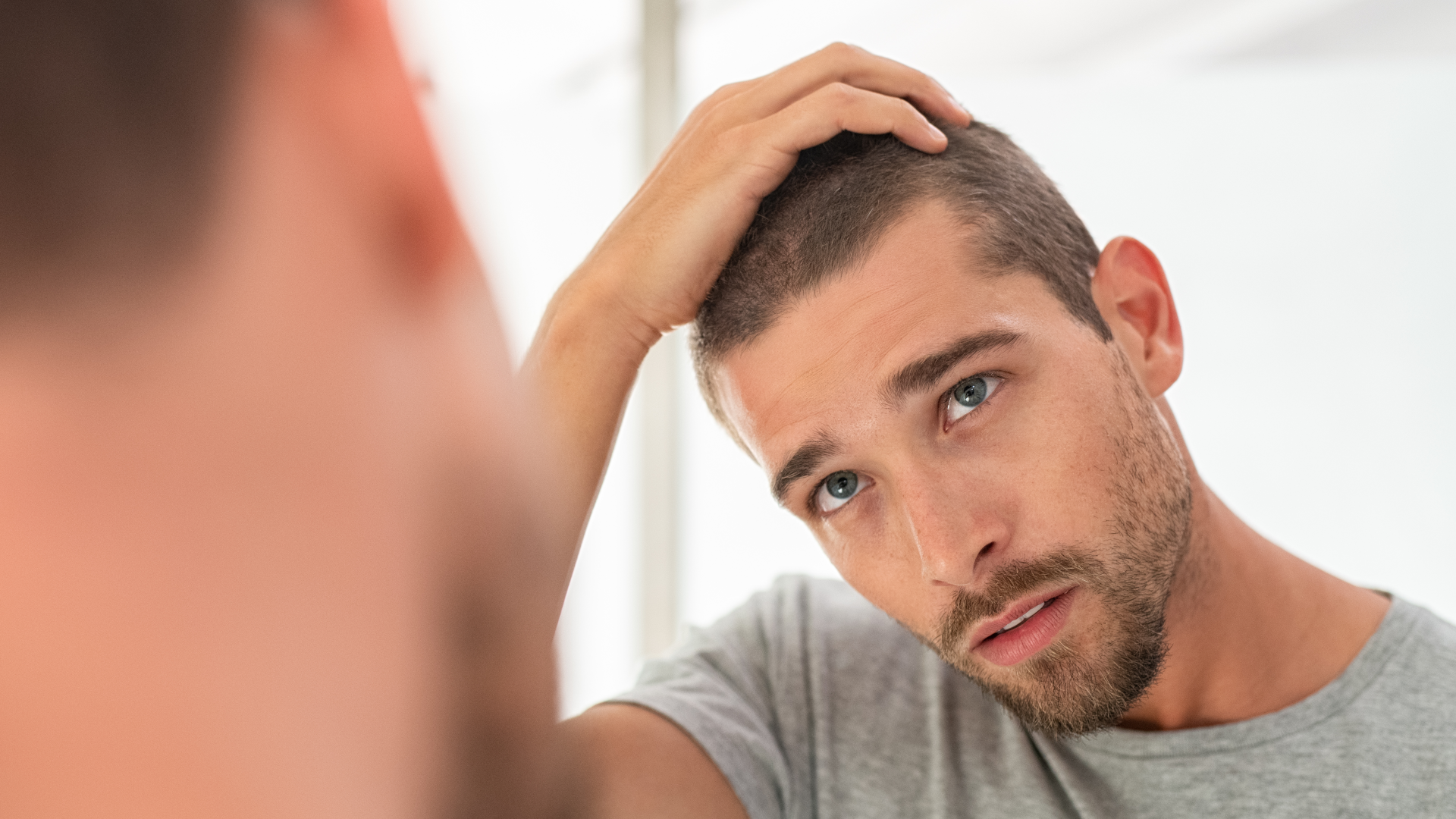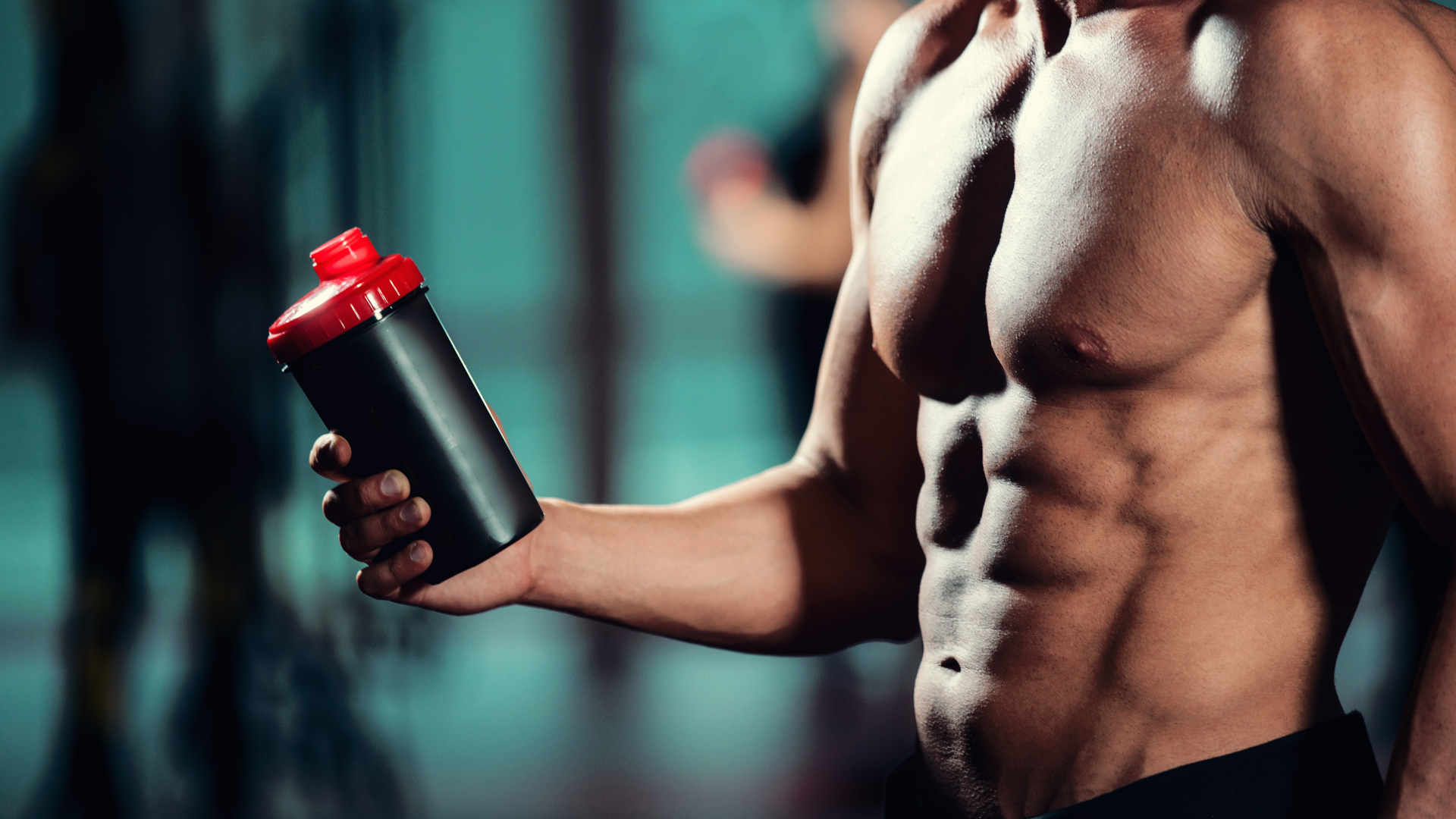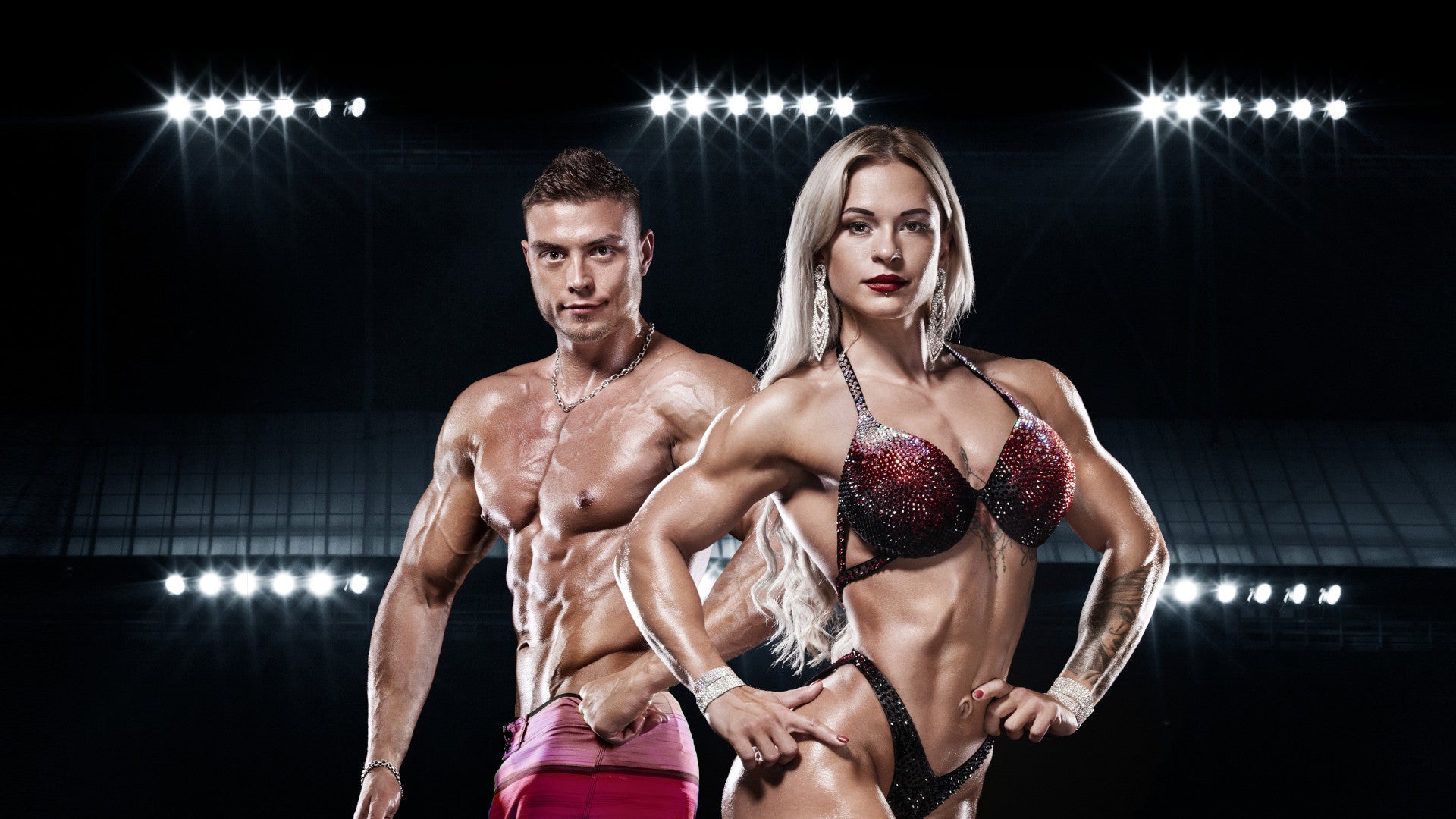Hack Beast Mode |
Entering the wonderful world of bodybuilding can be both exciting and daunting. You’re pumped and ready to dive in—but how do you know where to begin?
Which bodybuilding divisions should you be competing in? And what do you need to know to get started?
Different divisions have different judging criteria and entry rules. And, this article is your ultimate guide to the main bodybuilding divisions.
Here we'll explain each division and how they differ from each other. We'll also run through the competing classes within every one of today's bodybuilding categories.
By the end, you will know which division is right for you.
Pumped? Great. Let's go.
Classes: how is each bodybuilding division split?
Before we cover each division in more detail, it's important to understand that each has several classes.
Yes, each division’s class criteria varies, but your experience, weight, height or age will determine which class you compete in.
For your information, the main bodybuilding categories within each division are:
True Novice
First time competing? Congratulations. The true novice class is the best place to start your muscle mass-boosting competitive journey.
Novice
This particular men's bodybuilding category is reserved for anyone who has yet to win in any category. Anyone early in their journey can usually compete in the novice class.
Master’s
The master’s is for seasoned bodybuilders, usually in their thirties and older. This is serious business and one of the bodybuilding divisions to set your sights on.
Teen
This bodybuilding division is a specific class for those aged 18 and 19. If you're looking to get into competitive bodybuilding early, this is the class for you.
Hero
This class isn’t always available. But, it's a special category for military and emergency service workers and often produces some pretty epic bodybuilding athletes.
Open
This bodybuilding division is open to everyone, regardless of experience or age. But, competitors still divide by height or weight. You must compete in the open class to qualify for national competitions like the NPC.
Men's bodybuilding divisions

Now you know how each of the world's major bodybuilding divisions are split, let's look at each men's category in a little more detail.
Men’s Bodybuilding
The men’s bodybuilding division is the main event at most competitions, where high muscle mass and size are fundamental. Competitors in this division are separated into weight classes.
The judges look at muscle mass and size but also want a well-balanced physique. Muscle groups should be similar in size with striation details and showcased in various mandatory poses such as front double biceps, front lat spread and side triceps.
Men’s Classic Physique
As the name suggests, men’s classic physique is the old-school bodybuilding division. This division is ideal for those who are not big enough for bodybuilding but have gone beyond the basic Men’s Physique requirements.
In this most iconic of bodybuilding divisions, competitors are divided into classes by both height and weight. Conditioning and balance are more of a priority than muscle size. Judges look for rounded muscles and a body shape that is pleasing to the eye: broad shoulders, tight waist and balanced lower body. Think of Schwarzenegger posing in his hay-day.
Men’s Physique
Launched in 2012, the men’s physique division is a good starting point for men's bodybuilding beginners. Athletes wear board shorts as the emphasis here is on the upper body. Classes in this division are based on height.
Judges do not consider the lower body in their assessment. Instead, they hone in on upper body conditioning and physique. Muscle size is still a factor in judging.
FYI: Contestants can lose points if there is extreme muscularity. Something to consider if you're looking to enter this exciting competitive bodybuilding division.
Wheelchair Bodybuilding (WCBB)
Wheelchair Bodybuilding entered the bodybuilding divisions in 2016. Giving a space to disabled competitors, WCBB has proved popular.
NPC is the most well-established competition within the WCBB category. Unlike other competitions, NPC divides their wheelchair division into further competitive bodybuilding classes.
Though most competitors are men, Jen Pasky made history in 2020, receiving the first female wheelchair bodybuilding IFBB pro-card.
Major competitions with a wheelchair division include NPC and WNBB.
Tip: Check out the official WCBB website for a complete list of worldwide wheelchair bodybuilding competitions.
Women’s bodybuilding divisions

Now we move onto women's bodybuilding. From the women's physique division to the bikini division and beyond, there are plenty of exciting categories open to ambitious female athletes right now. Let's take a look.
Women’s Bodybuilding
Similar to the men’s equivalent, the women’s bodybuilding division concentrates on muscle size and competitors are divided into weight classes.
Judges seek high muscle mass, impressive muscle striation, and a balanced physique. Bodybuilding is the least popular of the women’s divisions.
Women’s Physique
The women’s physique division is similar to women’s bodybuilding, but it's more accessible.
Here judges are less concerned with the size of muscles, instead following a similar judging process to men’s classic physique, concentrating on overall aesthetics, conditioning and muscle shape.
FYI: This popular physique division is split or categorized by height.
Women’s Figure
The women’s figure division mainly focuses on body shape. Competitors try to keep a classically feminine V-shaped upper body, with broad shoulders and a small waist. Competitors in women’s figures are divided by height.
According to Sandra Williamson, chairperson for women’s pro-league at NPC and IFBB, balance, shape, and overall symmetry are most important.
Judges look for lean muscles, particularly across the back and glutes. But, they will mark down any striations and deep muscle separation.
Bikini
The bikini division is the most popular of the women’s bodybuilding divisions. There is far less emphasis on muscle size. Instead, judges concentrate far more on appearance and body shape.
Judges look for a small waist and lean build with a curvy silhouette. They also consider muscular balance and shape, particularly concerning glutes and hamstrings.
Additional appearance markers, such as hair, skin and presentation also contribute largely to scoring. The emphasis on appearance gives the bikini division a fashion and modelling quality.
Women’s Wellness
A newer category of women’s bodybuilding, the women’s wellness division focuses on the lower body. Competitors should aim for a lean upper body, similar to bikini competitors. But, the lower body should have high muscle mass with visible separation in the glutes, thighs, and hip areas.
Wellness is an ideal division for women who are too muscular for the bikini division but don’t wish to compete in women’s physique.
Women’s Fitness
Athletic women with a slightly less muscular build can compete in the women’s fitness division. Aesthetics such as body shape and muscle balance contribute only one-third of the score.
Judges base the remaining two-thirds on athletic prowess. Competitors perform routines that include mandatory moves, such as push-ups and high kicks. The routine element allows competitors to showcase their strengths and abilities instead of poses.
Are you ready to join a bodybuilding division?

No matter your muscle size, body shape or gender, there's a bodybuilding division for you. As you embark on your bodybuilding career, you'll gradually find the division that suits you.
You may find your muscles outgrowing entry rules for a specific division, or you want to concentrate on only your upper body physique.
Bodybuilding divisions offer a chance to compete in a way that suits your individual preferences and allows you room to experiment.
Whatever division you choose, sticking to the right Choose a stack that complements your fitness routine and you'll be looking competition-ready in no time.
Over 299,434 purchases
Over 509,389 bottles sold
Over 30,563,340 pills taken








